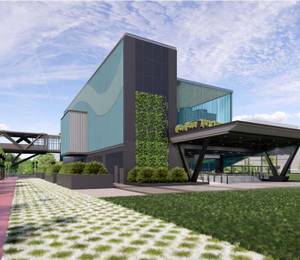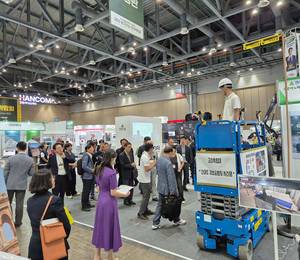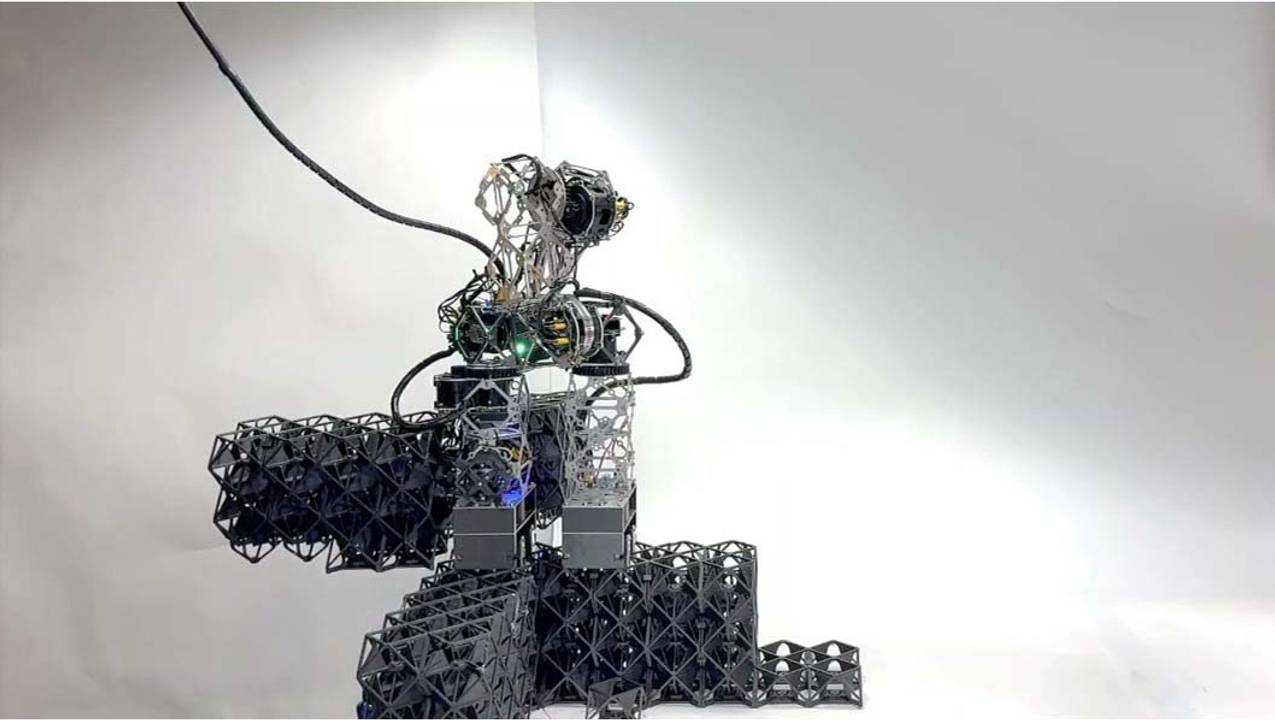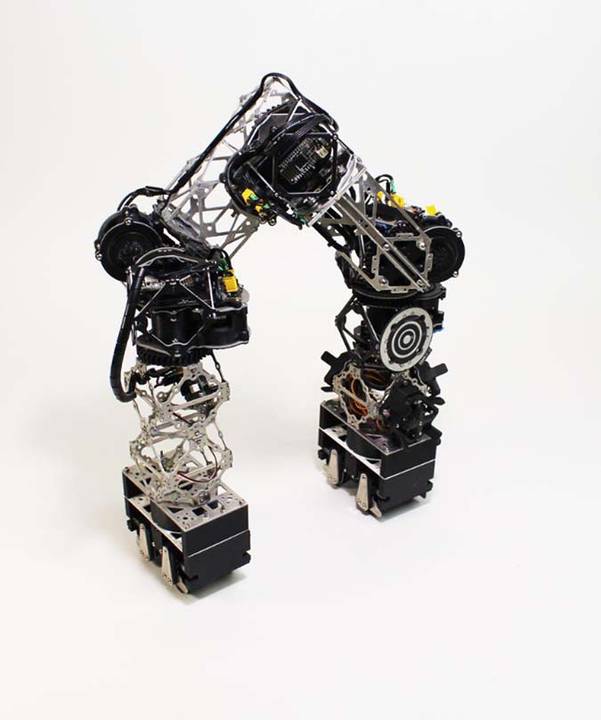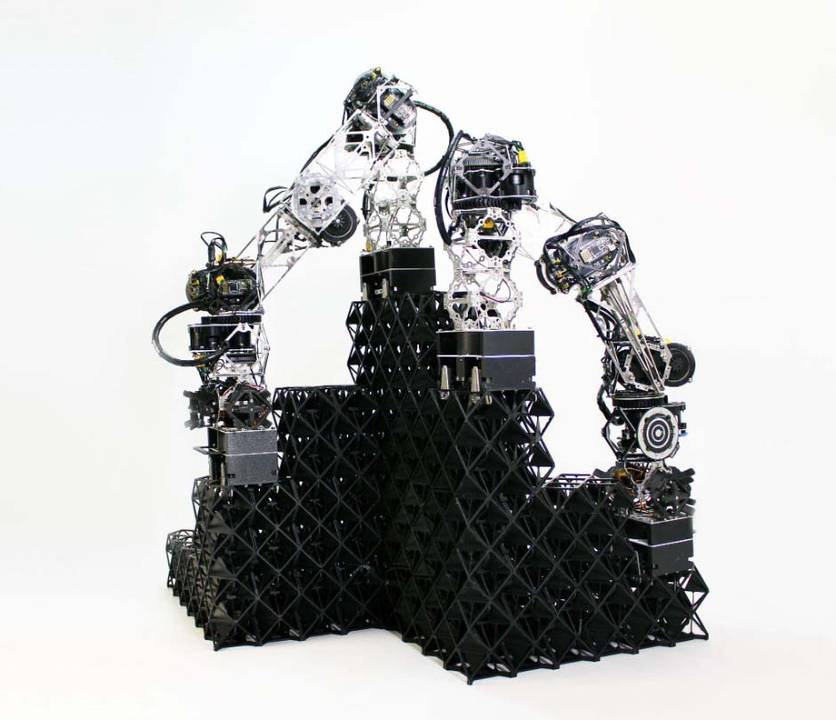Druk Holding and Investments (DHI) has entered into an agreement with the Center for Bits and Atoms at the US’ Massachusetts Institute of Technology (MIT) to launch a pioneering robotic construction programme in Bhutan. This initiative also supports the vision of the Gelephu Mindfulness City (GMC), and advances DHI’s 10X Roadmap to catalyse national transformation through technology, talent and global partnerships. The project will be operated through the Multi-Channel Innovation Fund (MCIF), a key initiative under DHI’s Innovation Strategy to establish innovation as a pillar of Bhutan’s economy.
The agreement, spearheaded by the Jigme Namgyel Wangchuck Super FabLab (JNWSFL) within DHI’s InnoTech Department, will explore advanced robotics and engineering, blending Bhutanese traditional architecture with modern design and fabrication technologies. By collaborating closely with MIT researchers, this initiative aims to position Bhutan and GMC at the forefront of sustainable and intelligent construction systems.
The project introduces a transformative construction methodology utilising sustainable voxel-based robotic systems, originally developed at the MIT’s Center for Bits and Atoms. Unlike traditional construction methods, voxel construction is modular, reversible and reconfigurable, enabling structures that adapt over time to changing needs. Swarms of mobile robots will autonomously assemble scalable building elements – from walls to entire buildings – using locally sourced and recyclable materials such as wood, rammed earth, steel and bio composites.
These technologies support real-world applications including temporary housing, public pavilions, digital infrastructure hubs and adaptive architecture tailored for Bhutan’s unique terrain and cultural aesthetics. With built-in intelligence and energy-efficient designs, voxel construction reduces embodied carbon, accelerates deployment and creates dynamic infrastructure – ideally suited to the evolving needs of Bhutan’s innovation economy.
The Chiba Institute of Technology in Japan will also play a key role in the project by exploring how voxel-based construction can support adaptable innovative approaches relevant to the Gelephu Mindfulness City.
“Our agreement with MIT brings cutting-edge research and technology to Bhutan, transforming how we could design, build and imagine the cities of tomorrow. This marks a pivotal step in realising the vision of Gelephu Mindfulness City and advancing Bhutan’s economic development through science, technology and innovation,” said Ujjwal Deep Dahal, CEO of DHI.
“We’re thrilled to have this opportunity to build on our extensive collaboration on digital fabrication with Bhutan and bring our work on voxel construction from aerospace applications to the sustainability of the built environment,” said Professor Neil Gershenfeld, director of the MIT Center for Bits and Atoms.
Over the course of the two-year initiative, the first year will focus on research and development based at MIT, advancing robotic assembly and material prototyping. In the second year, the base of the collaboration will transfer to Bhutan for local deployment, on-site testing and hands-on development with Bhutanese engineers and students.
This agreement brings global expertise to Bhutan while empowering local talent to lead in next-generation construction technologies. By blending Bhutanese tradition with frontier innovation, it lays the foundation for long-term applications of voxel-based construction and a future where Bhutanese-built solutions shape sustainable cities at home and in the region.





